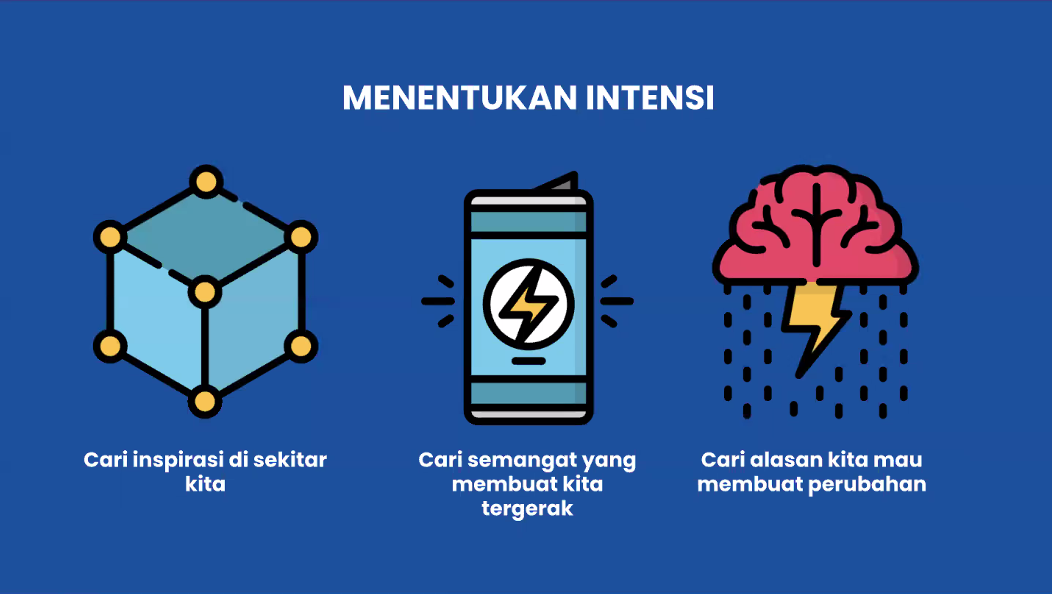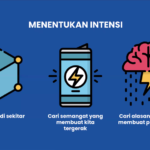 Let me just say it outright. The general outlook on Indonesian technology startups is grim. I say it’s grim because most local startups fail to identify solutions for real problems and these startups think they are easily valued at millions of dollars when most of them don’t even have the size of user base or the kind of product that warrants that level of valuation. But there’s hope. A small number of founders have ideas that are actually practical and useful and all they need is some strong business coaching to pair up with their technical knowledge.
Let me just say it outright. The general outlook on Indonesian technology startups is grim. I say it’s grim because most local startups fail to identify solutions for real problems and these startups think they are easily valued at millions of dollars when most of them don’t even have the size of user base or the kind of product that warrants that level of valuation. But there’s hope. A small number of founders have ideas that are actually practical and useful and all they need is some strong business coaching to pair up with their technical knowledge.
 A number of investors I’ve spoken to expressed similar disappointments. They say many have come up to them asking for numbers that seem to suggest that money grows on trees. Well, the raw materials for it may be but not the money itself. These are not just any random new investors. Some of them have been highly involved in the industry for over a decade and they have seen companies go bust for not having any lasting product.
A number of investors I’ve spoken to expressed similar disappointments. They say many have come up to them asking for numbers that seem to suggest that money grows on trees. Well, the raw materials for it may be but not the money itself. These are not just any random new investors. Some of them have been highly involved in the industry for over a decade and they have seen companies go bust for not having any lasting product.
One of the largest problems that these startups or projects face is that they can’t seem to identify real problems that need to be solved. Many keep coming back with for example, a social network that offers no real difference with what already exists and are actually still popular.
Problems like this is why I think an effort like Founder Institute is a good idea. DailySocial is partnering with these guys exactly because of the issues facing Indonesian startups. Getting into Founder Institute is like going into a startup bootcamp. The mentors and classmates often offer strong and harsh feedback and would crack ideas down to their cores to see the real value and find out whether it’s worth doing. Indonesian tech entrepreneurs need a wake up call and we think these guys could help.
Sometimes, taking an existing product and focusing on its core instead could transform a big idea into a popular idea, like what Kevin Systrom did when he turned Burbn into Instagram. Other times, a product may be identical but a tiny twist makes it even more accessible or desirable like what WhatsApp did. It took the concept of BlackBerry Messenger and made it universal across major smartphone platforms.
Creating a startup company isn’t always about making money and probably shouldn’t be about money, but if you’re going to run a company, cash flow is important. Yes, Twitter took a long time before it could make any money because the value in its product would not have surfaced if it hadn’t had millions and millions of users, but not all products are like Twitter, just like how not everyone is Richard Branson who didn’t finish school but became a billionaire anyway.
In the case of people like Branson or the recently departed Steve Jobs, it’s not that they became successful because they didn’t finish school, it’s that they already knew what they want to achieve and they did not quit. They were not strangers to failures, they had massive failures, but they kept going, finding ways to realize their dreams. But I digress.
Creating a startup company should be about making a difference in the world. It should be about identifying problems in the real world and finding ways to overcome them or to make things easier and more practical to do.
Finding a larger market for home industries would be a good example. Another could be offering ways to reduce the mounting traffic congestion. It doesn’t have to be about the roads or automobiles, it could be ways to make it easier to telecommute from home or creating a co-working space away from the city center. It could be a bike sharing initiative or that USB-drive motorbike lock from last week’s story.
There are countless of issues that can be solved using technology and technology came about because it can help make the world a better place to live in. It can offer ways to drive humanity forward.
Don’t create products just for the sake of creating them. Identify the problem that you want to solve. Find out the best way to solve the problem and how to present it. Find out why the solution is worth using and if it makes people’s lives easier with little effort to learn it, they will most likely embrace your solution because a great product does not need a lot of push. This last piece of advice goes to both entrepreneurs and investors alike: Don’t focus on the money, focus on the idea.
big idea is small idea that can make people have big ideas. – Glenn Marsalim











“Don’t create products just for the sake of creating them”
Dude, this is so wrong! Geeks are egoistic bastards. They created stuff solely for the purpose of because they (believe they) can. Those who create stuff for money, those are not geeks. Those are businessmen 😀
Creating product for the sake of creating them is important to feed the ego. When it’s not sellable, it’s simply because they have chosen the wrong buyer 😀
Indeed there are many problem these geeks can solve. Either it is very far fetched to solve or it’s simply doesn’t resonate with their so-called passion.
I agree on this one a lot though:
“Don’t focus on the money, focus on the idea.”
But don’t sweat it too much, have some fun finding it. Fails alot, help.
#notadoers
Nothing wrong with creating a product that doesn’t fulfill anyone’s needs, just don’t pitch the idea to investors and waste everyone’s time.
Quite philosophical
i think you nailed it right. frankly speaking, most startups here are boring. very boring. and rarely even good business.
Well, dailysocial is one of them.
Well, dailysocial is one of them.